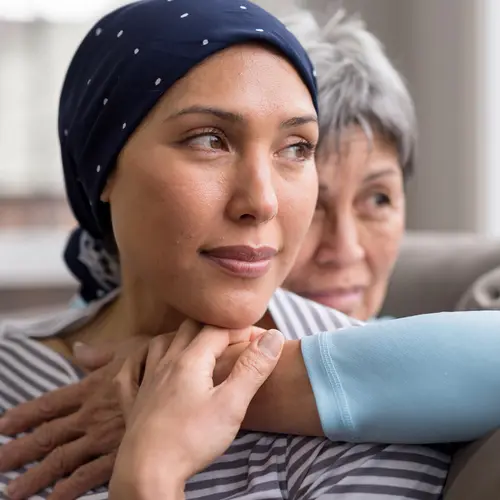According to the Centers for Disease Control and Prevention, more than 11,000 people under the age of 40 were diagnosed with breast cancer in 2018. Receiving a cancer diagnosis when you're that young means making a lot of tough choices about treatment. Treating the current incidence of cancer is a top priority, but taking steps to prevent a recurrence is also important.
Doctors have noted that many young breast cancer survivors choose to have mastectomies. They may have had the option of a less drastic treatment, such as a lumpectomy or mastectomy of only one breast. They often choose to remove all their breast tissue because they don't want to risk breast cancer coming back sometime in the future.
New Data on Quality of Life After Mastectomy
Researchers recently asked 560 breast cancer survivors under the age of 40 about their quality of life after treatment. Some had chosen to have mastectomies, while others had opted for a treatment that conserved their breasts. The findings showed that having a mastectomy can lead to dissatisfaction with your body after surgery.
The study asked the cancer survivors to rate their satisfaction on three factors:
- Breast satisfaction
- Psychosocial well-being
- Sexual well-being
On every measure, people who had chosen breast-conserving treatment reported higher scores than those who had chosen mastectomies. The lower quality of life ratings were consistent regardless of whether the mastectomy was for one or both breasts. People who had breast reconstruction reported similar levels of dissatisfaction to those who did not.
Doctors Should Share This With Patients
Laura Dominici, MD, a surgeon at Dana-Farber Brigham Cancer Center, was the lead author of the study. She concluded that doctors and patients should use these findings to guide conversations about whether or not mastectomy is the best choice. "Particularly when talking to young women, who are likely to have a long period of survivorship, it's important that we as clinicians discuss the potential impacts of mastectomy on their quality of life," said Dominici. "As our study indicates, those impacts are not insignificant and persist years into the future".
If you've been diagnosed with breast cancer, talk to your doctor about your treatment options. Mastectomy might be the right choice for your situation, or there may be other options that will be just as effective. Take time to consider how your choices will affect your physical and mental health now and in the future.

